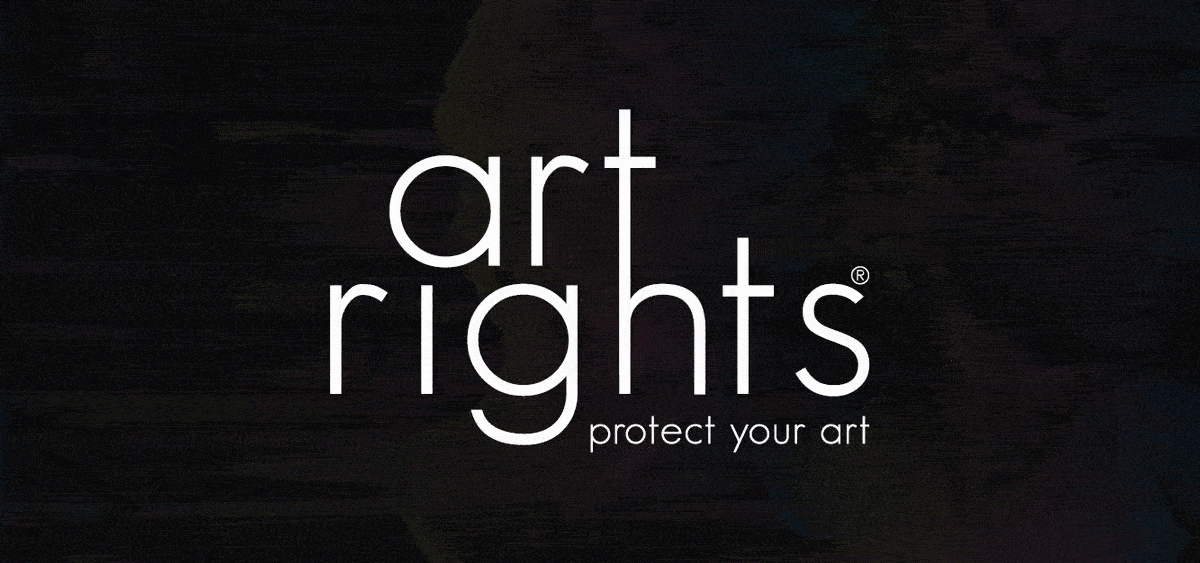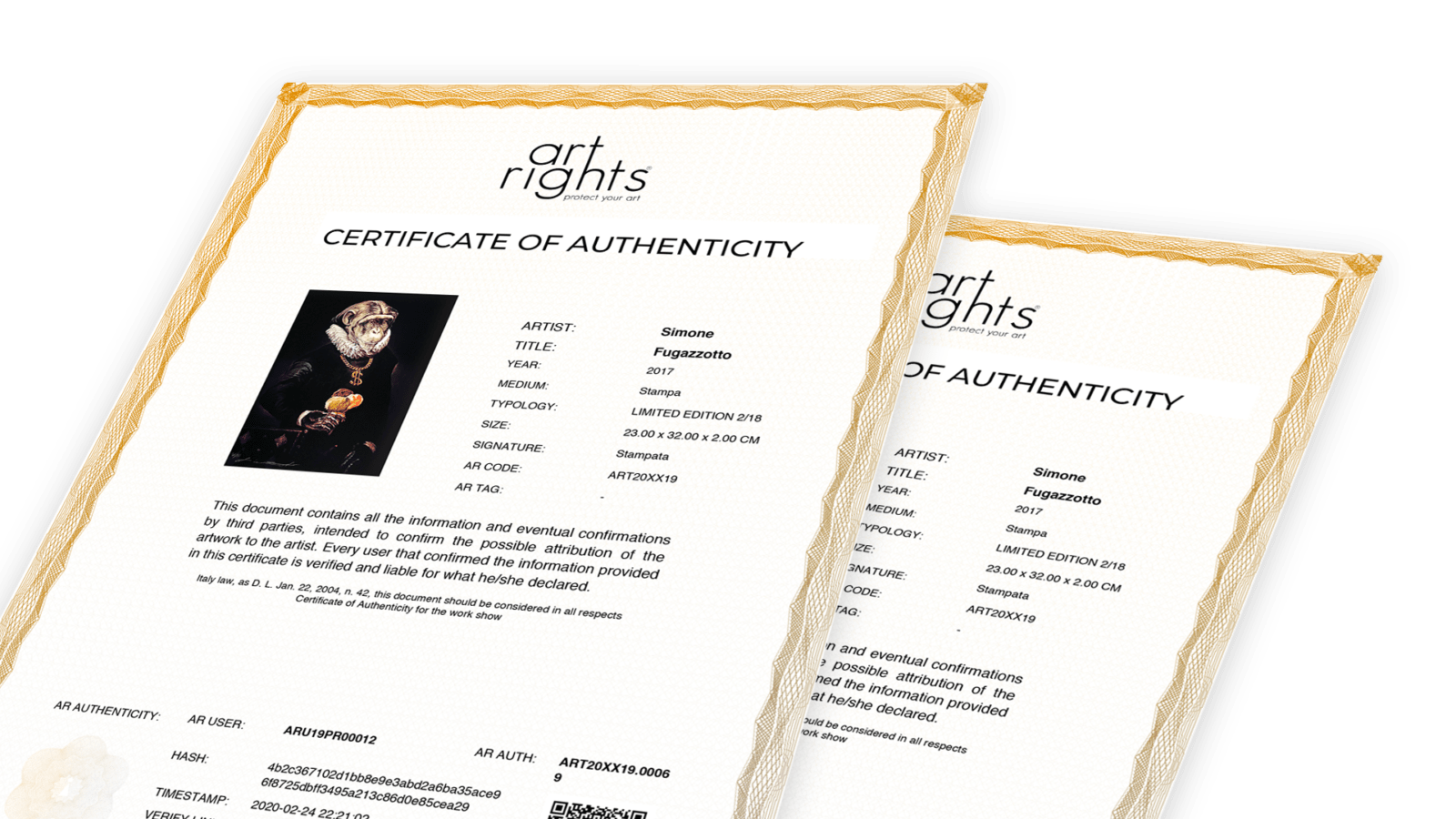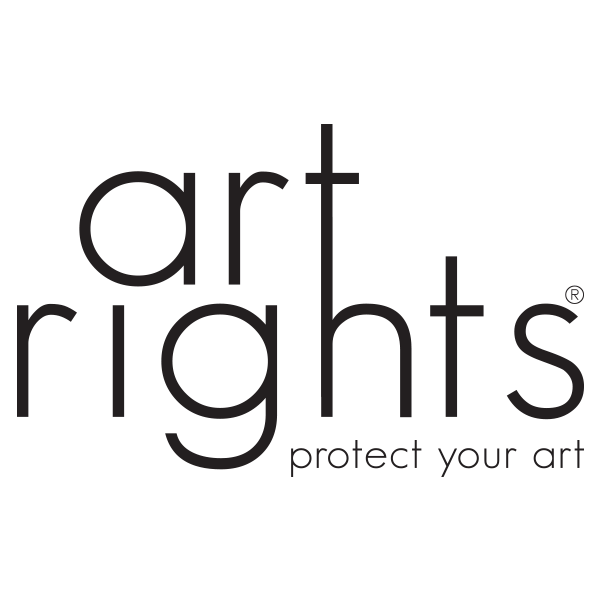Being a professional artist also means acquiring management, communication and promotion skills to support your art.
Let’s find out how and why
[/vc_column_text]
Html code here! Replace this with any non empty text and that's it.
Every artist who chooses to enter the art system and its market faces a long and complex path to turn a passion into a job. To do this, the artist becomes in all respects an art professional: therefore, especially in the initial phase, it is good to know how to enhance your art, acquiring managerial, communication and promotional skills.
Here are 6 tips for becoming a professional artist:
1) Create and use your tools
What is your mission? What are your short and long term goals? What is your art based on? Defining and visualizing your artistic practice will help you understand how to grow your career. To clearly communicate the process of ideas that led to the creation of your works, it is necessary to use a series of tools for the artist, among these the Statement, the document that tells the reasons for one’s artistic research. Another fundamental tool to define and promote your art is the Portfolio, the document that presents your art through your works.
2) Archive your works
The Artist Archive is a precious tool for the protection and promotion of the artistic and economic heritage of an artist’s life, in favor of the future of his production, in aid of gallery owners and in support of collectors. By archiving your works, you can guarantee their authenticity, protect your production, keep the documentation in order and keep track of their location.
3) A gallerist for each artist
It is not uncommon for emerging artists to propose themselves to secondary-market galleries or not in line with their research. This is why it is important to invest your time to study the gallery, how it works, who it works with, whether it only does it within its spaces, or if it collaborates with institutions, what type of works it promotes, which artists it supports. Each artist has the gallery and gallerist he deserves.
4) Communicate your online presence
Nowadays you cannot start a business without an online presence. Website and social networks are indispensable tools to take care of your digital identity and build your network of contacts. The website is the main container for artists to contain all the information on their artistic research; while social media, especially Instagram, are useful for telling your art, for showing it and the backstage and seeking contacts between professionals in the sector.
5) Financial Planning
The financial planning is essential to make your artistic career stable and lasting. Proper financial planning will allow you to have greater control over your career, intelligently manage income flows and set, with greater awareness, short, medium and long term professional goals.
6) Protect your art
There are many law firms specializing in art law that offer services to support artists, to help them develop their careers safely and in accordance with the law. Using an art lawyer is useful to protect copyright or to formulate contracts between the artist and the art gallery to protect your artistic production.

